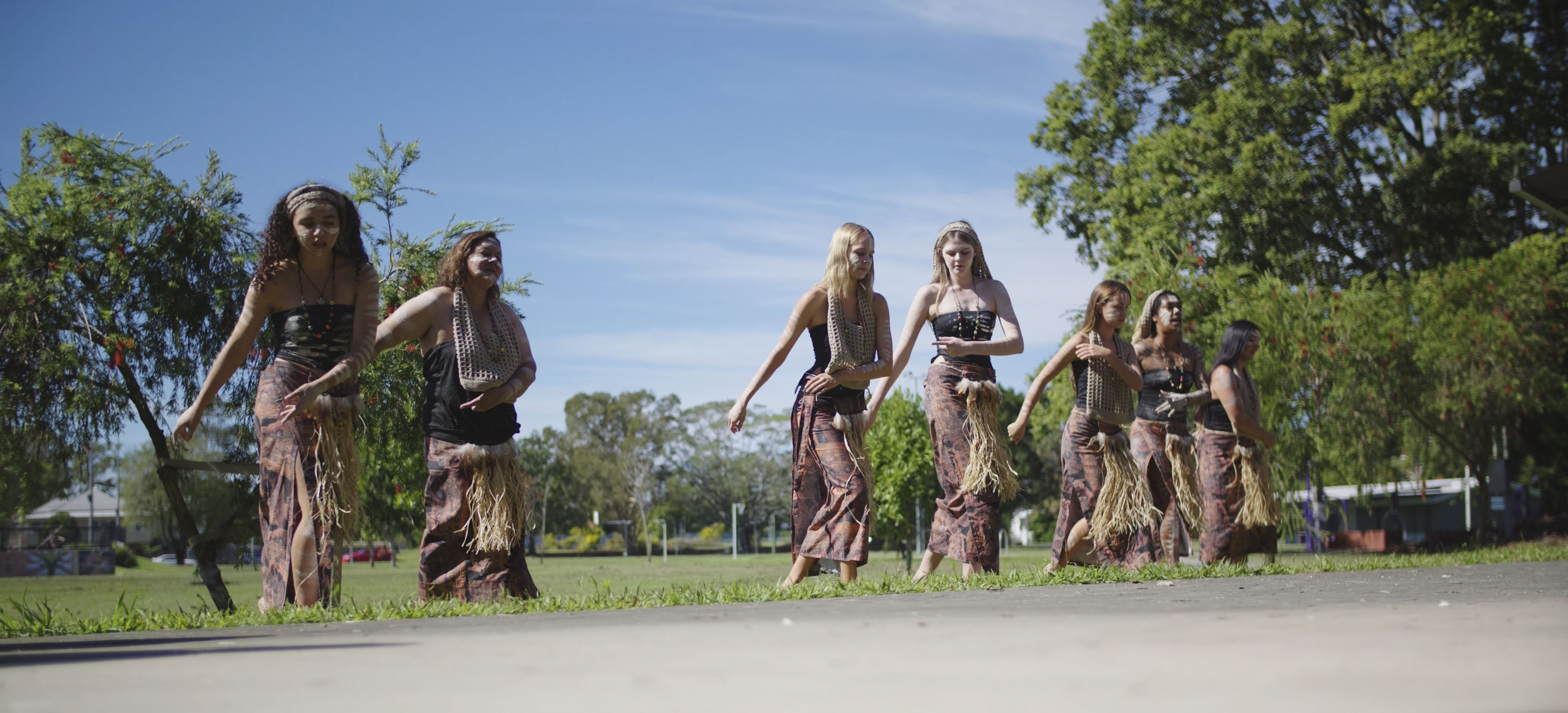
Aboriginal and Torres Strait Islander women are joining staff from Northern NSW Local Health District (NNSWLHD), Aboriginal Medical Services, and community groups to share stories and have meaningful conversations about health.
Yarn Up gatherings help raise awareness about immunisation and women’s cancer screenings. They also provide education and resources on social and emotional wellbeing, and family and domestic violence.
Two Yarn Up gatherings have been scheduled for the coming months at Maclean and Tweed Heads, with four meetings previously held this year at Grafton, Lismore, Ballina and Murwillumbah.
An important element of Yarn Up is to invite participants to become active Healthcare Champions in their communities, providing leadership at a grassroots level, as part of the drive towards closing the gap by improving health outcomes for Aboriginal people.
The initiative echoes the spirit of this year’s NAIDOC Week (6-13 July) theme The Next Generation: Strength, Vision & Legacy which celebrates both the achievements of the past and the people who are shaping the future with courage, insight and respect for culture.
NNSWLHD Aboriginal Immunisation Support Officer Virginia Paden said the Yarn Ups were helping Aboriginal women spread word among families in their communities about the importance of timely immunisations, and women’s health checks.
“At each Yarn Up, women gain the knowledge to feel empowered to make informed health choices for themselves and their families,” Ms Paden said.
“By sharing stories and cultural knowledge in a safe and welcoming space, we hope to share key health messages. Anything that generates discussion about why vaccinations and screenings are important is beneficial.
“The response to the Yarn Ups has been overwhelmingly positive. We’re now backing the Healthcare Champions identified through these sessions, providing them with the support they need to share health information throughout their communities.”
More than 120 Aboriginal and Torres Strait Islander women have attended a Yarn Up so far this year, with many, like Eileen Bolt, volunteering to become Health Champions.
“When the community recognises a face in and around events, they feel more confident and are open to talking about making changes for themselves and their families,” Ms Bolt said.
“It gives them the motivation to want to make healthy lifestyle changes.”
To arrange a Yarn Up for your community or help plan one, please email Virginia.Paden@health.nsw.gov.au.
For more information, visit Aboriginal Women’s and Children’s Health Champions Yarn Up.
Caption: Dancers from the Numula Nari Dance Troupe entertain participants at the Murwillumbah Yarn Up